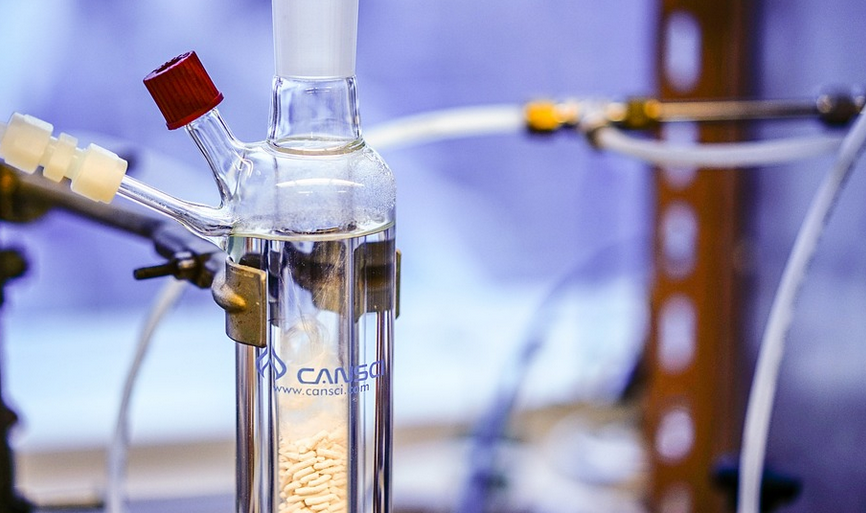The Importance of Sodium and Potassium
Sodium and potassium are two important minerals that play crucial roles in maintaining our overall health. Sodium helps to regulate our blood pressure, while potassium helps to keep our heart and muscles functioning properly. When we don’t get enough of these minerals, it can lead to a variety of health problems.
The Risks of Low Sodium
While many people think of sodium as something to avoid, the truth is that we need a certain amount of it in our diets. When we don’t get enough sodium, it can lead to low blood pressure, dizziness, and even fainting. In severe cases, it can even be life-threatening. It’s important to talk to your doctor if you’re concerned about getting enough sodium in your diet.
The Risks of Low Potassium
Low potassium levels can be just as problematic as low sodium levels. When we don’t get enough potassium, it can lead to muscle weakness, cramping, and even paralysis. It can also lead to heart problems, including arrhythmias and palpitations. Again, it’s important to talk to your doctor if you’re concerned about getting enough potassium in your diet.
The Connection Between Sodium and Potassium
Sodium and potassium work together in the body, so it’s important to maintain a balance between the two. When we have too much sodium in our diets and not enough potassium, it can lead to high blood pressure and an increased risk of heart disease. That’s why it’s important to not only limit our sodium intake, but also to make sure we’re getting enough potassium.
Ways to Increase Your Intake of Sodium and Potassium
If you’re concerned about getting enough sodium and potassium in your diet, there are a few things you can do. First, try to eat more foods that are naturally high in these minerals, such as fruits, vegetables, and whole grains. You can also try using herbs and spices to add flavor to your food instead of relying on salt. Finally, if you’re still having trouble getting enough sodium and potassium, talk to your doctor about whether a supplement might be right for you.
The Bottom Line
Sodium and potassium are two important minerals that we need to maintain our health. While too much sodium can be harmful, it’s also important to make sure we’re getting enough of it in our diets. The same goes for potassium. By eating a balanced diet and talking to your doctor about any concerns you have, you can help ensure that you’re getting the right amount of these minerals.
Disclaimer:
The information in this article is not intended to replace medical advice. Always consult your doctor before making changes to your diet or lifestyle.
References:
- https://www.healthline.com/nutrition/sodium-potassium-balance#bottom-line
- https://www.medicalnewstoday.com/articles/290648
- https://www.heart.org/en/health-topics/high-blood-pressure/changes-you-can-make-to-manage-high-blood-pressure/how-potassium-can-help-control-high-blood-pressure

